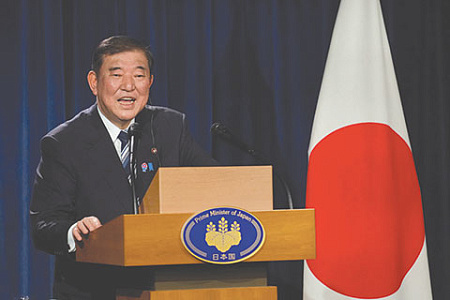
In a move signaling significant friction within one of Washington’s cornerstone alliances, Japan has abruptly cancelled a high-level “2+2” security meeting with the United States. The sudden decision, made less than two weeks before the planned dialogue between the two nations’ foreign and defense ministers, is widely seen as a direct response to mounting pressure from the US administration for Tokyo to dramatically increase its defense spending, a demand that comes at a politically perilous time for Japan’s leadership ahead of crucial upper house elections.
Washington has reportedly been pushing its Asian allies to commit to defense expenditures on a scale similar to its expectations for NATO members, with figures as high as 3% of GDP being floated. While Japanese officials have publicly denied that specific targets have been formally discussed, the pressure campaign is a clear extension of a broader US strategy to compel its partners to shoulder a greater share of the collective security burden. This push is creating palpable tension, challenging the long-standing dynamic of the security partnership.
The U.S. demands come as Japan is already undergoing its most significant military transformation since World War II. In response to growing regional threats from China and North Korea, Tokyo had already broken its decades-long, self-imposed cap of limiting defense spending to 1% of its GDP. Under a new national security strategy, the country is on a path to double its defense budget to 2% of GDP by 2027, a historic shift that is testing the limits of its pacifist constitution.
Despite this ongoing buildup, further increases are seen as politically and economically unfeasible for Prime Minister Ishiba’s government. The premier has publicly pushed back, asserting that “Japan itself determines its own defense budget.” His firm stance is reinforced by severe domestic challenges, including a national debt exceeding 250% of GDP, rising inflation, and growing public dissatisfaction over a cost-of-living crisis. Forcing through more unpopular spending hikes could prove disastrous for his ruling coalition at the polls.
Analysts are calling the cancellation an ‘unprecedented demarche,’ a clear signal that Tokyo will not simply ‘dance to the American tune.’ The rift extends beyond military budgets, with unresolved trade disputes over tariffs adding to the strain. Ultimately, Japan’s move to scrap the talks is a forceful declaration of its own national interests, demonstrating that even the closest of allies face breaking points when confronted with intense external pressure amid overwhelming domestic problems.
